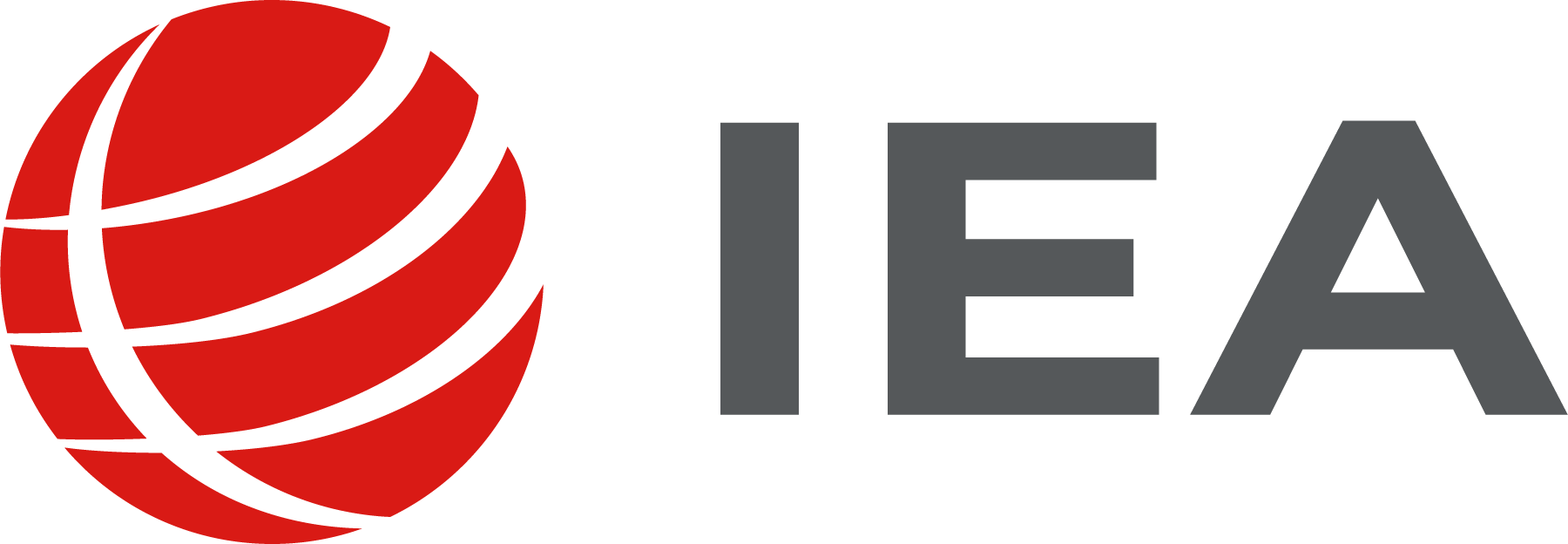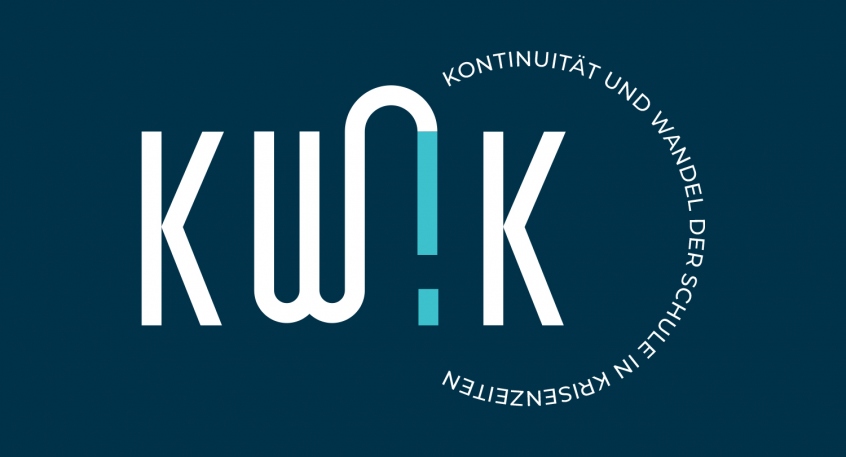The first results from the second cycle of the German study, KWiK (Continuity and Change in Schools in Times of Crisis), have been published, positively showing that schools have made incredible progress in the digitalization of education. This welcome development is substantiated by an increase in teachers’ participation in further training, with 477 out of 1026 teachers reporting that they took part in further training courses during the COVID-19 pandemic, such as using digital media in teaching and learning. However, teachers and principals also noted that participation in other types of training, such as support measures for low-performing and vulnerable students, has decreased significantly. For example, only 38 teachers reported having attended training on how to treat students with special educational needs compared to 82 before the COVID-19 crisis. These student groups require more assistance–especially during and after the pandemic. Therefore further training in supporting students who need it the most is an important priority moving forward.
Commenting on the results, Dr. Dirk Hastedt, IEA Executive Director, said: “Certainly, we cannot expect teachers to cover all areas of training equally well at the moment. Teachers in Germany should finally be given more time for further training, as it has long been the case in many education systems worldwide.”
In the KWiK study coordinated by IEA, the Leibniz Institute for Science and Mathematics Education in Kiel (IPN), and the University of Hamburg, school principals and teachers have been surveyed in two waves so far. Almost 800 schools took part in the study in early autumn 2020 and 260 in summer 2021.
Read the full press release in German and the IPN Journal No9 article on KWiK in English below.

